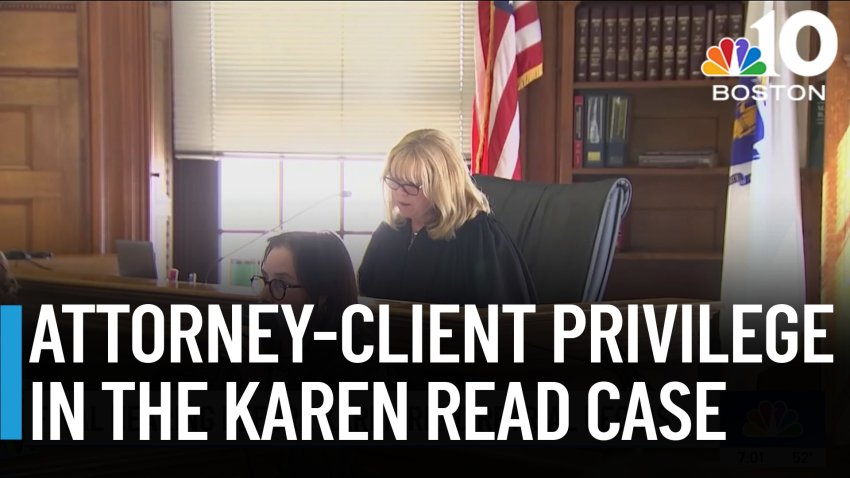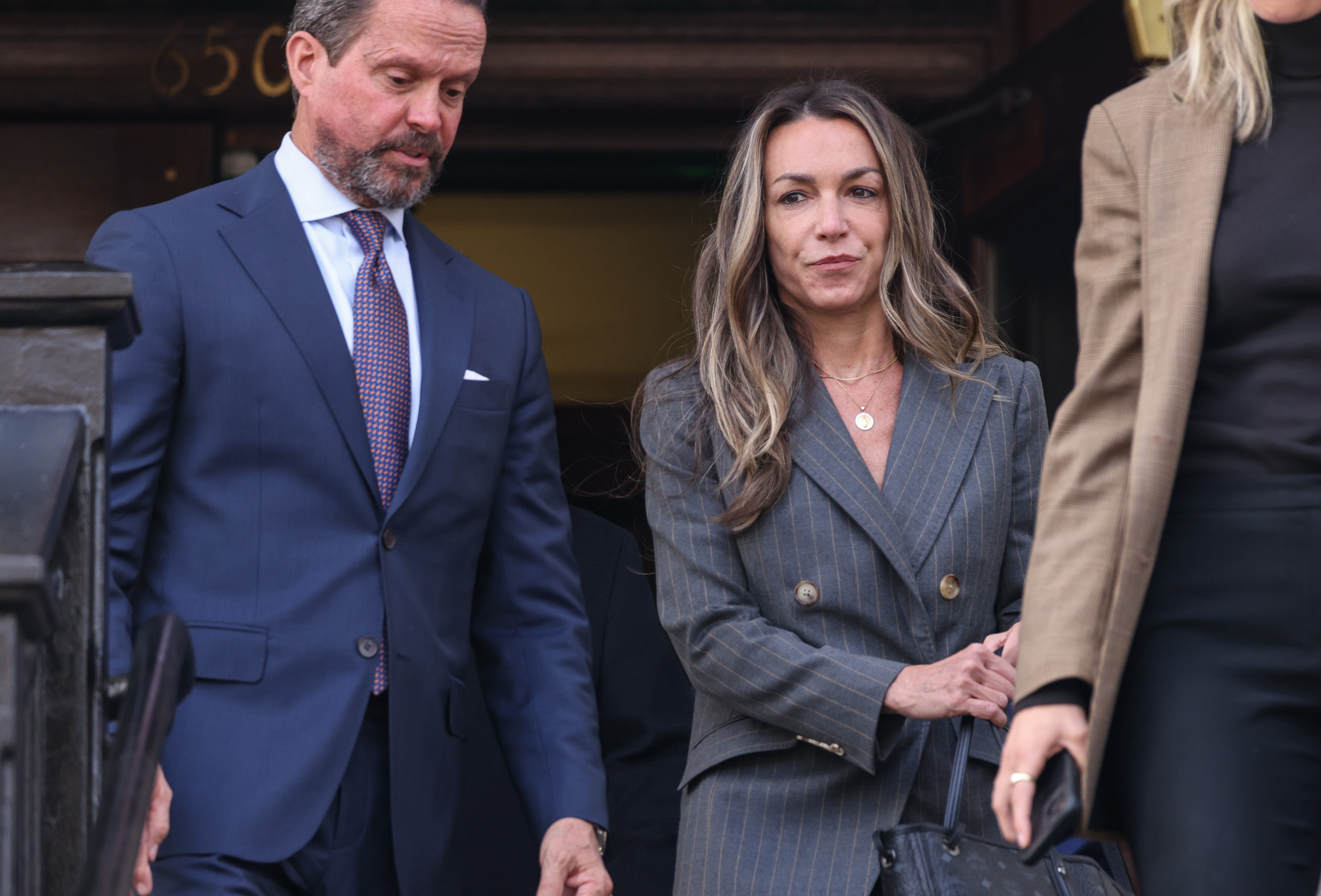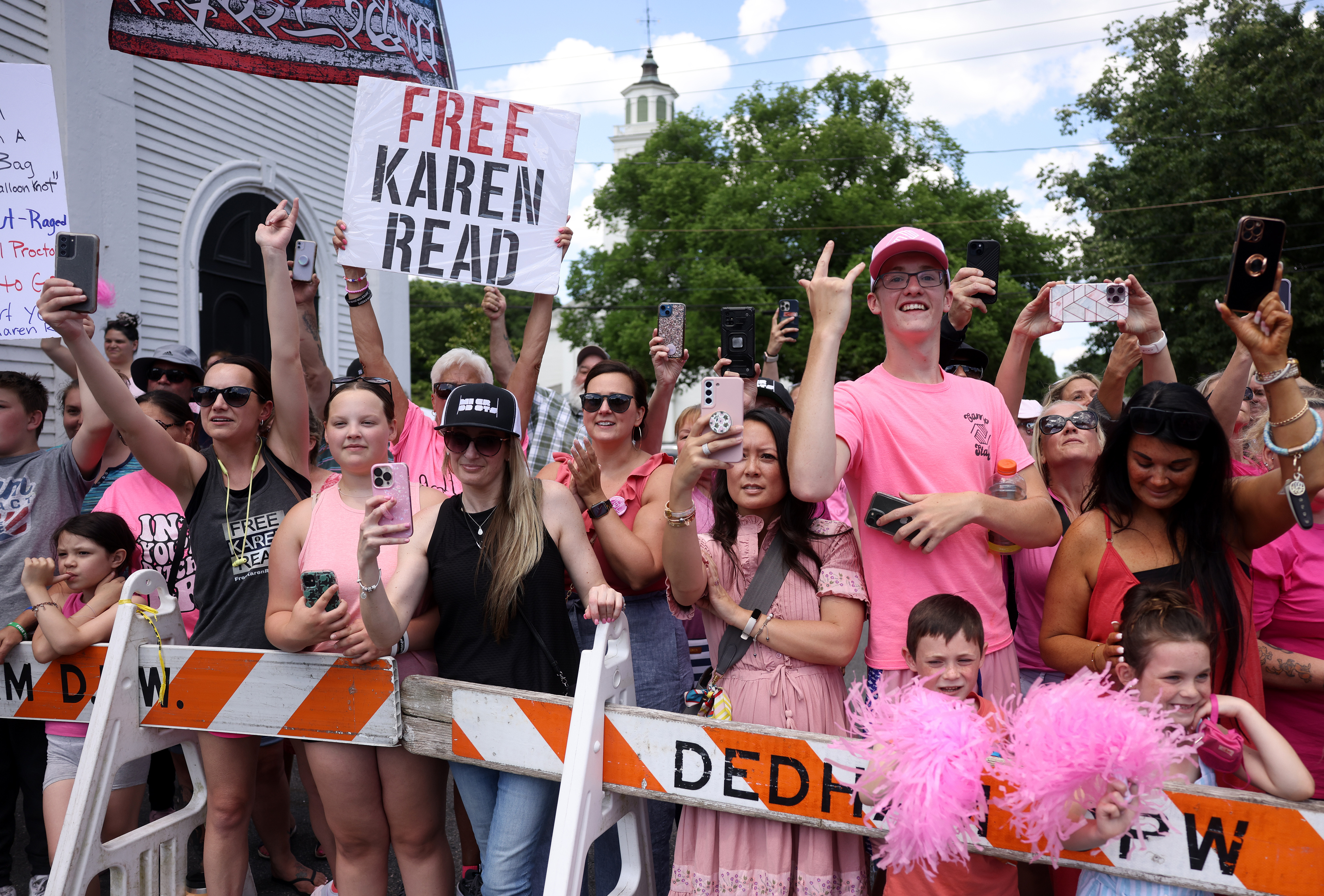
After the jury was dismissed for the day, Karen Read listens as Canton Police Sergeant Michael Lank is questioned by defense attorney Alan Jackson. She is flanked by attorneys Elizabeth Little and David Yannetti. (Photo by Pat Greenhouse/The Boston Globe via Getty Images)
With jury selection in Karen Read's retrial days away, she's got a new lawyer who's quite familiar with the process, having gone through it on the other side in the first trial.
Victoria George filed an appearance of counsel to represent Read in Norfolk Superior Court.
WATCH ANYTIME FOR FREE
Stream NBC10 Boston news for free, 24/7, wherever you are. |
George was an alternate juror in the first trial, which ended with a hung jury as the 12 members of the jury reported they were "unable to reach a unanimous verdict" over whether Read killed her boyfriend, Boston Police Officer John O'Keefe.
It's the latest shocking twist in the high-profile case, NBC10 Boston legal analyst Michael Coyne said: "This case, you hate to keep using the word unprecedented, but it’s a word that sticks with this case."
Get updates on what's happening in Boston to your inbox. Sign up for our News Headlines newsletter.
What George's role in the defense might be is unclear to Coyne, who said, "other than to aggravate the prosecution, and to suggest that this might give them an edge, I’m really not sure."
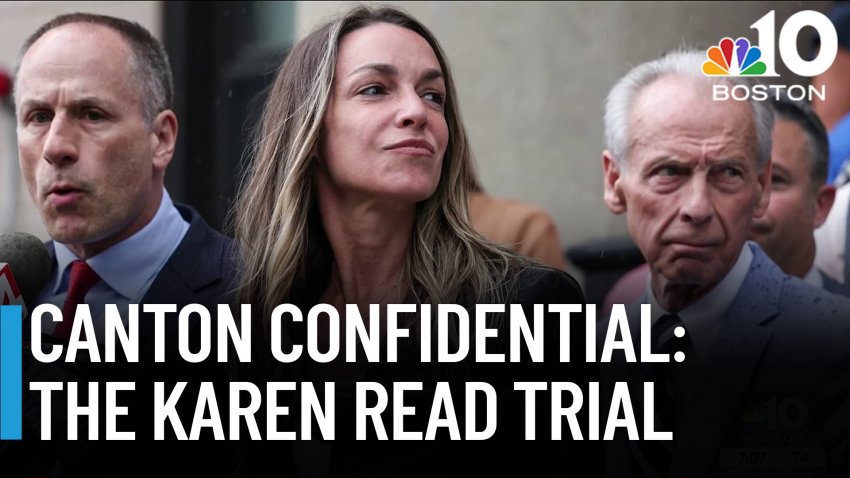
NBC10 Boston reached out to George for comment and didn't hear back. But George did give an interview to the magazine Vanity Fair about joining the case, saying she decided to speak out about the case because of mounting frustrations about the prosecution's approach going into the retrial.
"If as a lawyer I was too afraid to stand up for what I believed in, who would?" George said in the interview, noting that she only initially mentioned the idea of joining the legal team to Read attorney Alan Jackson as a joke.
George was admitted to the bar in Massachusetts in 2021, according to court records. The records note she works for the firm of one of Read's lead attorneys, David Yannetti.
NBC10 Boston courtroom insider Sue O'Connell remembers George seeming disappointed when she was chosen to be an alternate ahead of jury deliberations. She also remembers George joking with the jury foreman.
"I often found that the two of them seem to be sharing inside jokes about things, not necessarily related to evidence that was being presented or in anyway disrespectful. But occasionally, the two of them would look at each other and share a laugh," O'Connell said.
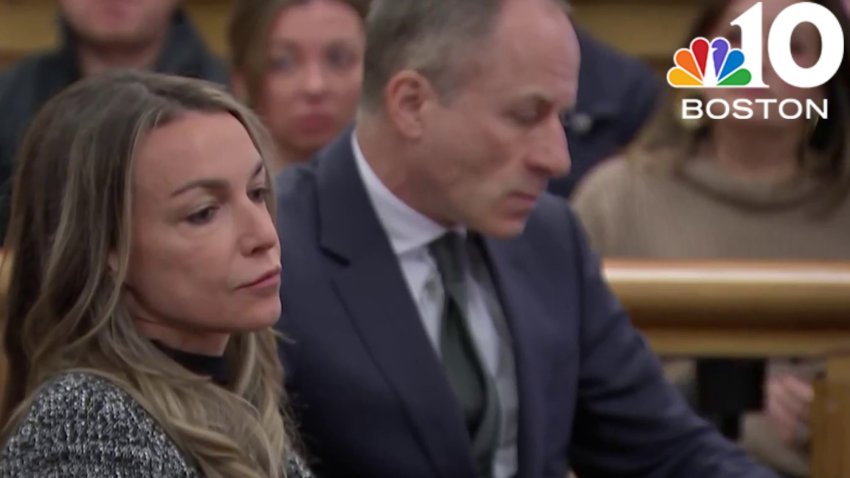
According to the defense, several members of the jury have come forward since the mistrial was declared to say the body agreed to acquit Read on two of the three charges against her. The defense has argued — unsuccessfully so far in state and federal court — to have those two charges dropped.
More Karen Read news
